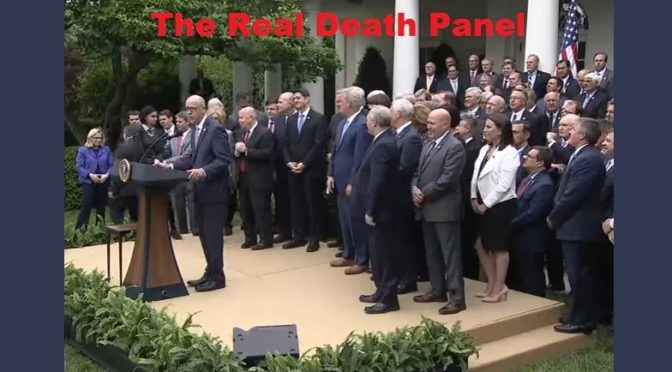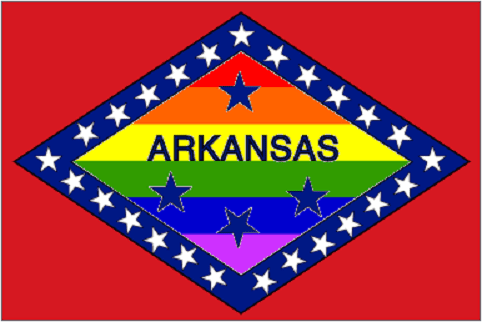The Congressional Death Panel: House GOP Votes To DESTROY Healthcare Protections
Let's just say that today was a most remarkable day in Washington.
At the White House's famous Rose Garden, members of the Republican leadership in the United States House of Representatives gathered around President Donald Trump. It was clear that they were in a most jovial mood. Today was indeed a first big step toward what … Continue Reading ››

